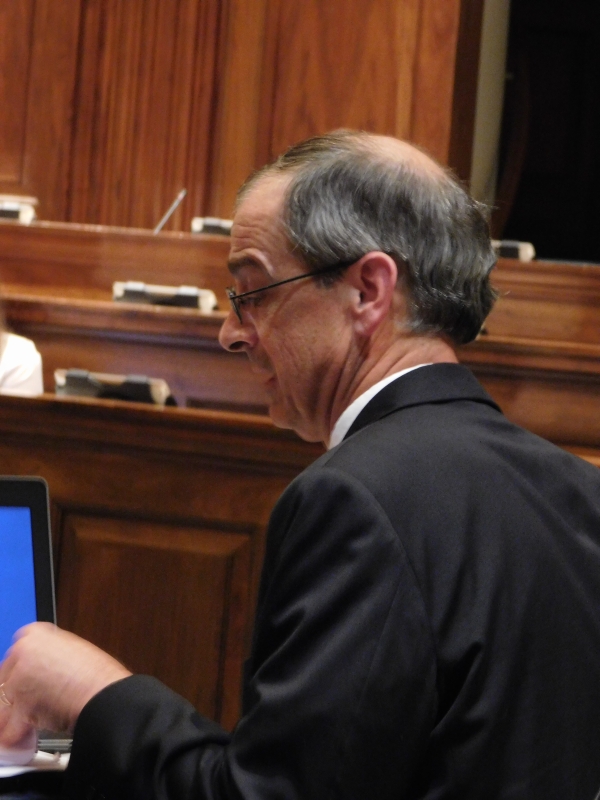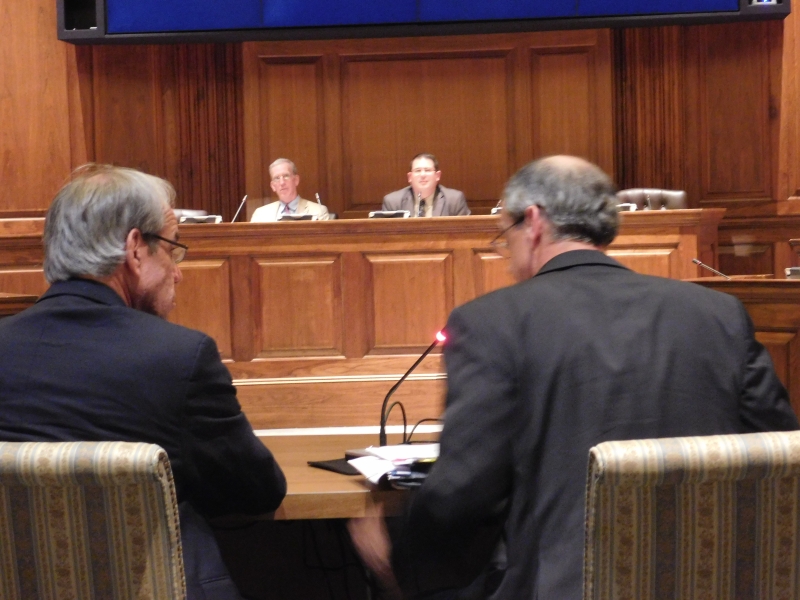Summary of Comments at the Third Stakeholders Meeting
Sponsored by the Justice Reinvestment Coordinating Council
November 6, 2015 Annapolis, Maryland
Christopher Shank, Executive Director of the Justice Reinvestment Coordinating Council (JRCC), convened the third of four 2015 stakeholder meetings intended to inform the JRCC’s initial recommendations. Council members Delegate Geraldine Valentino-Smith; David Eppler, Attorney General’s Office; and Paul DeWolfe, Office of the Public Defender, were present to receive stakeholder testimony, often asking questions and requesting additional information. Don Hogan, with the Governor’s Council on Crime Control and Prevention, also attended.
The program began with a review of the various subcommittees established to develop recommendations:
- The sentencing subgroup is looking closely at problem-solving courts, alternatives to incarceration, property value thresholds, classifications of assault, and sentencing for drug-related crimes. Analysis of state data shows that sentence length has increased 23 percent in the last decade, even though research has demonstrated that increasing sentence length does not increase the deterrent to crime. The subgroup is also aware that nonviolent offenses account for 58 percent of prison admission.
- The subgroup on release and reentry recognizes that people eligible for parole are often not getting timely parole review and that many barriers to successful re-entry must be resolved to prevent recidivism.
- The supervision subgroup has heard that 58 percent of admissions are failures of probation, and 46 percent of these are for technical violations. They are considering a variety of ways to encourage and facilitate compliance with the terms of parole, including compliance credits and graduated sanctions, some of which are in the power of the supervisor to exercise.
Stakeholders who had signed up to make statements to the Council then did so in panels assigned by Pew Foundation staff, as a previous meetings. Many speakers were encouraged to provide additional information to assist JRCC subgroups. Council members asked repeatedly for data on program success, proven models and best practices, and information on what other states are doing that works.
Here is some of what we heard on November 6th:
- Continuity facilitates successful reentry
- Access to treatment is critical
- Mediation can facilitate reentry as well as avoid prison time
- Transitional housing: promising, but underfunded
- Focus more resources on women
- MAJR speaks: Phil Caroom presented a packet of information which included the recommendations of MAJR’s four focus groups on (1) Alternative Dispute Resolution; (2) Re-entry Recommendations; (3) Collateral Consequences; and (4) Employment Opportunities. These summary reports can be found at https://ma4jr.org/focus-groups/
See the text of the full report on the October stakeholders meeting.
















